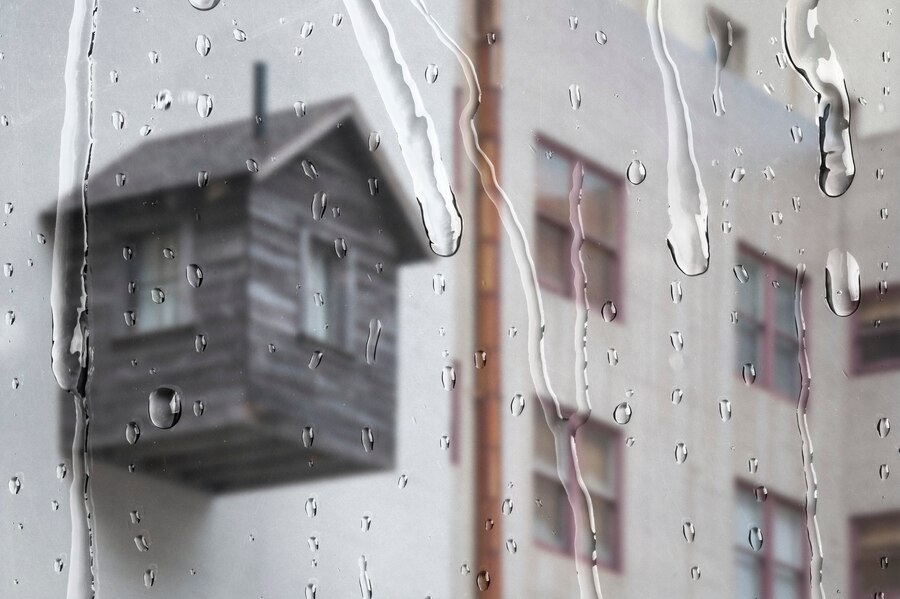
What is the first thing that comes to mind during the rainy season? The cool winds and the calming raindrops paired with a hot drink or soup make some enjoy the rainy days. But there are also disadvantages brought by the rain.
Rainy Season Problems at Home
From roof leaks to flash flooding, the monsoon season also has detrimental effects. Keep your house in good condition during dry season. Make sure to fix doors, windows, roof, and other parts of the house. Stock on essential, like food, before the monsoon season arrives. To stay prepared and problem-free during rainy days, below are the top ten most common rainy day problems at home and how to solve them.
Roof Leaks
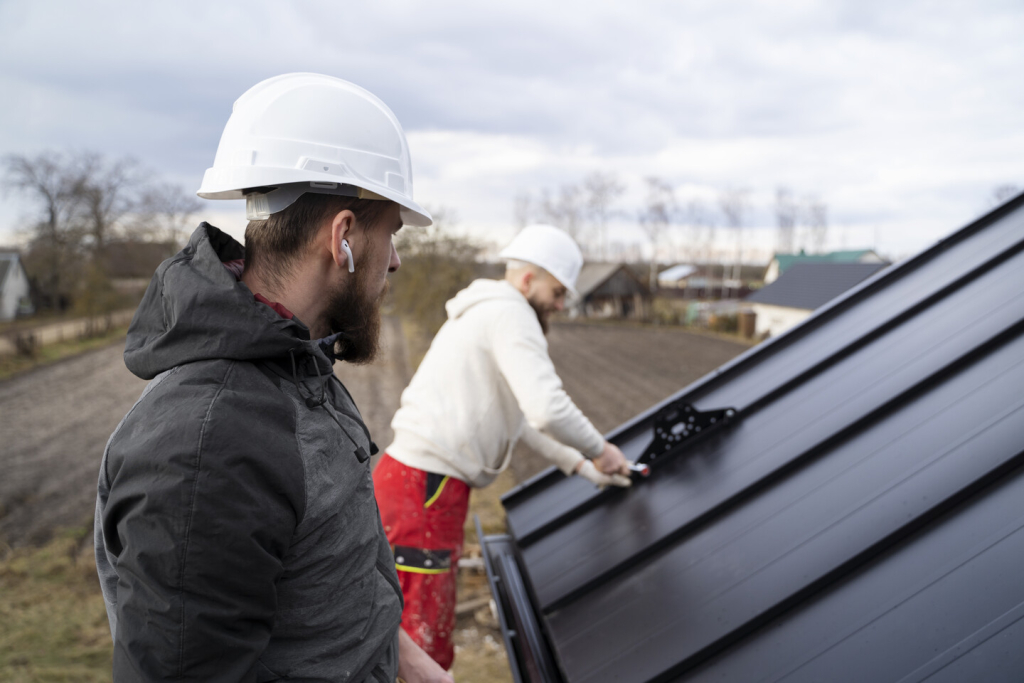
No matter how quality or sturdy your roofing is, there will come a time when water will seep through its cracks. Not only do these water leaks damage your ceiling, but they can also destroy your walls and create unattractive stains. Not to mention the dampening of your flooring, which is another stressful job, and the damage it could bring to your electrical appliances. Do not wait for another heavy rainfall; check your roof and ceiling for leaks. For these, apply a sealant or patching that will close off the spots on your roofing.
Suppose you cannot immediately seal the leaks on your roof. In that case, you can try a few temporary alternatives. You can use readily available materials at home like a tar covering, plastic roofing cement, roofing tape, or even DIY shingles.
Drain Pipes leak
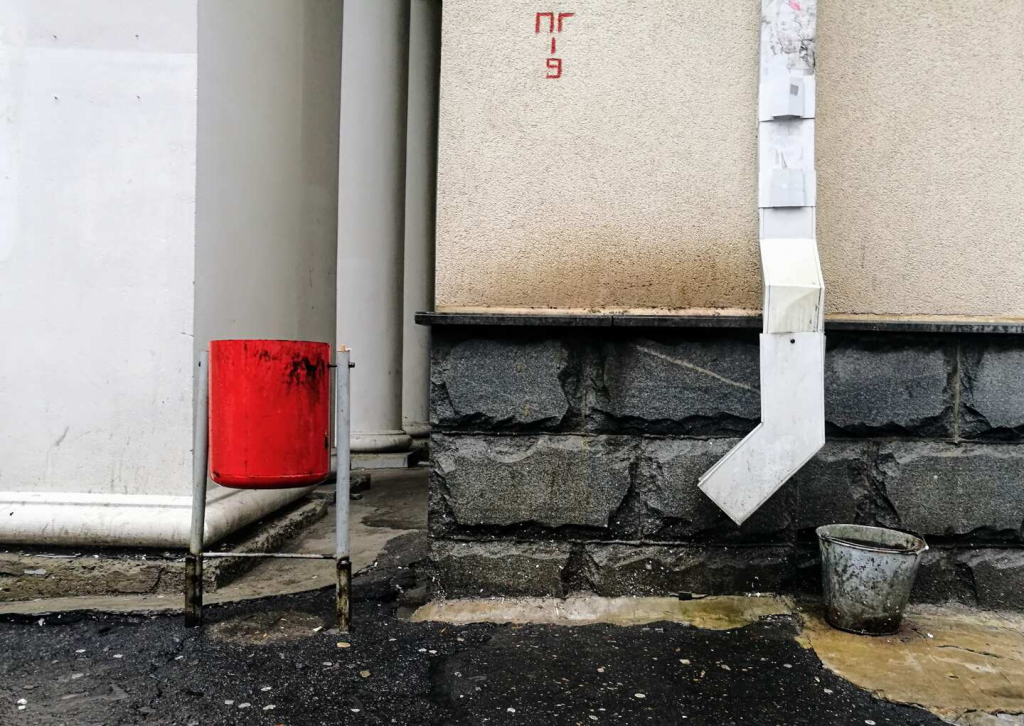
Another common rainy-day problem is overflowing drainpipes. Overflowing drainpipes are usually caused by inadequate installation planning, causing damage to your roof and house wall. When installing drainpipes, make sure the outflow direction of water is considered.
For quick solutions in emergencies, you can apply epoxy putty to your drainpipes. Alternatively, you can temporarily seal the damaged area with tape. This can keep the water flowing, but it is best to seek the help of an expert who have the right tools and equipment for long-term solutions.
Clogged Rain Gutter
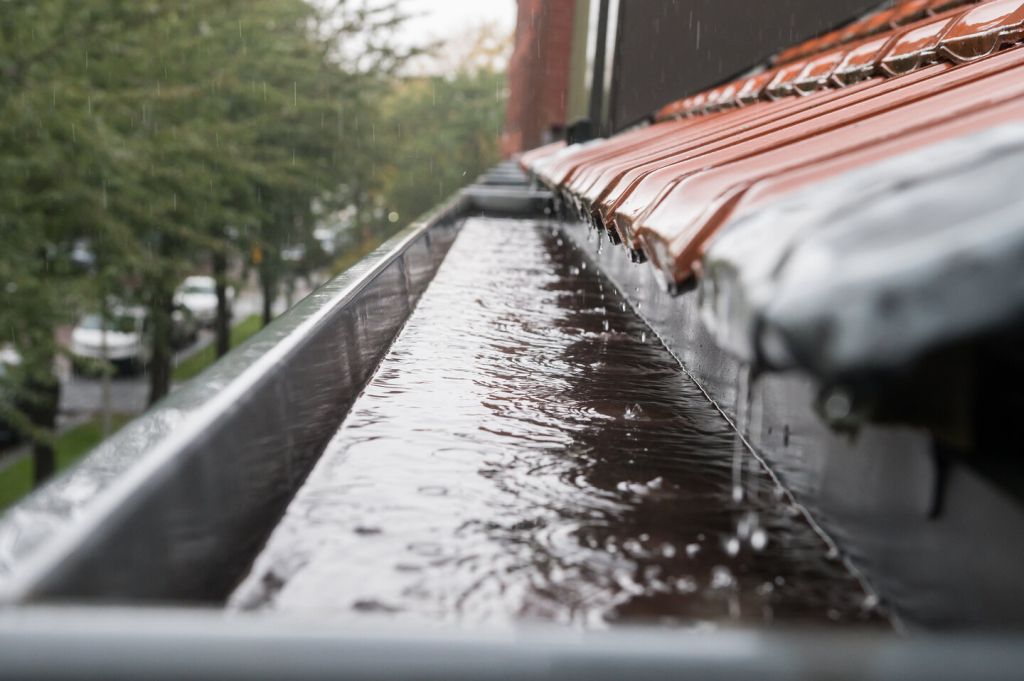
A slew of issues, such as water damage, roof leaks, and foundation erosion, are most often caused by the clogging of rain gutters. When rain gutters become obstructed with leaves, twigs, and other debris, they are unable to channel water away from the house effectively. This can result in water overflowing and seeping into the roof and walls, causing significant structural damage over time.
The solution to this prevalent issue lies in regular cleaning. Homeowners can prevent blockages and maintain an efficient drainage system by ensuring that gutters are inspected and cleared out at least twice a year, especially before and after the rainy season. Additionally, installing gutter guards can help minimize debris accumulation, making maintenance more accessible and practical.
Molds and Moss
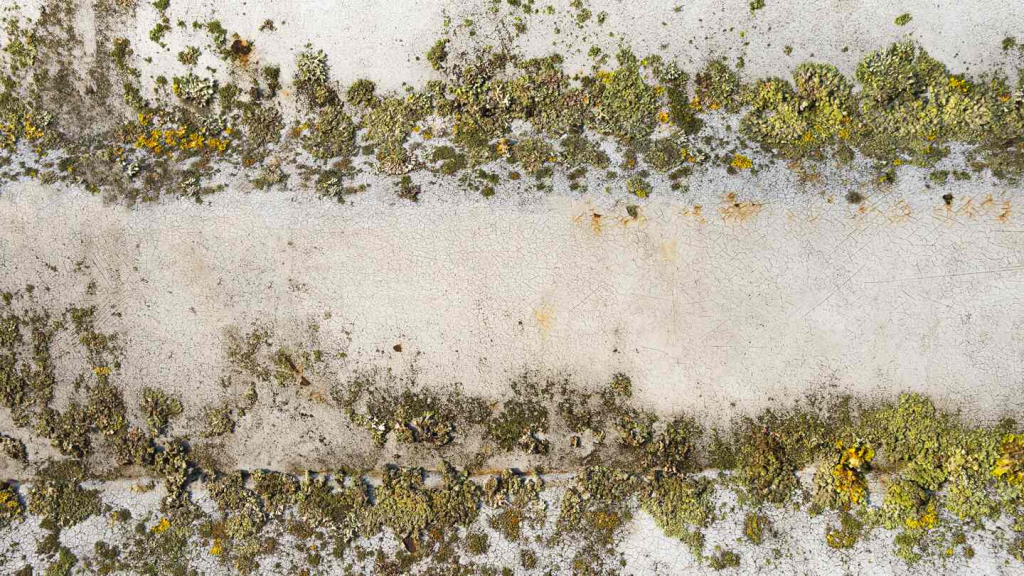
Aside from leaking roofs and overflowing pipes, molds and moss are other common wet-season problems. Damp air can cause mold to grow on your house interiors, especially on wood furniture. But while molds can be persistent, they are preventable. To keep molds from growing, please make sure to dry wet surfaces as soon as possible. Also, ensure the room gets enough fresh air and control the humidity inside to keep any moisture out.
The overflowing and constant flow of water can also cause massive moss in some areas of your house and lot. Mosses can cause trouble because they are slippery and hard to wipe off. Plus, they are not very appealing to look at. One quick solution to eliminate them without using chemicals is to use kitchen items. Mix an equal amount of vinegar and water, spray it to the area with moss, and let it set. This solution can eliminate the unpleasant green growth around the house within just 20 minutes.
Insects and Pests
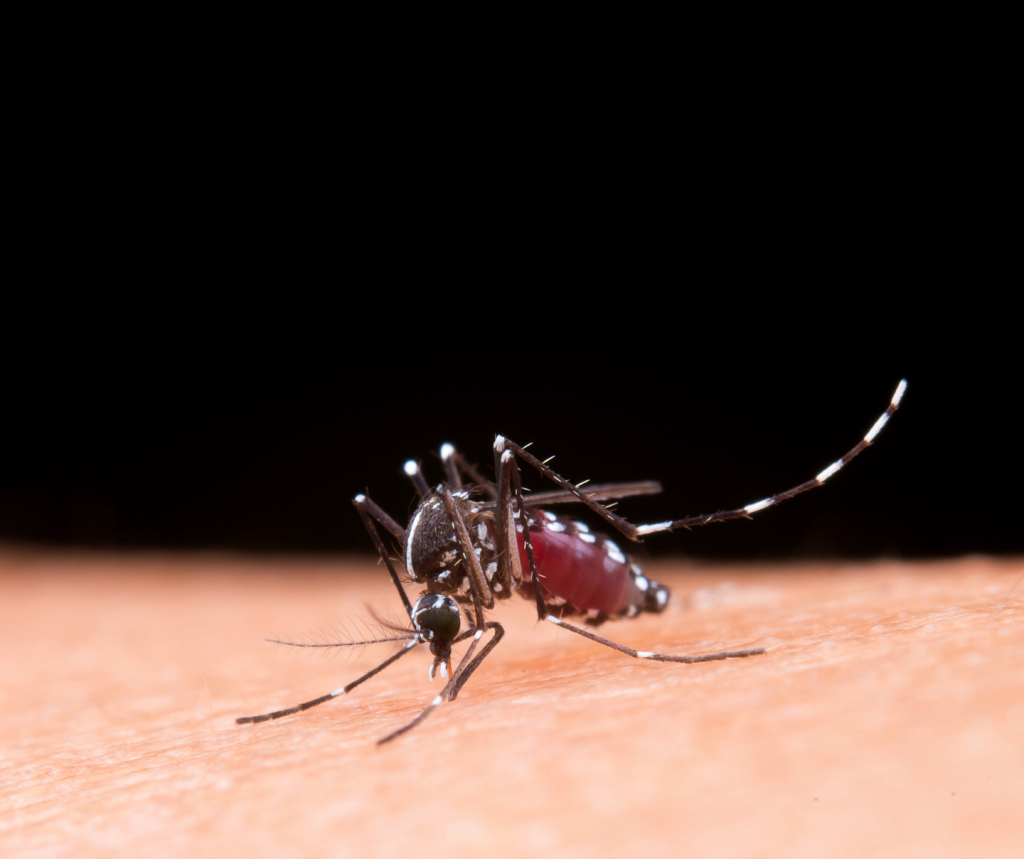
In addition to unwanted molds and moss, different kinds of insects and pests come out during the rainy season. Mosquitoes, frogs, flies, and crickets are just some visitors from the rain puddles and ponds.
Most people do not immediately clean or throw away collected rainwater at home. Sometimes, this is because we do not see where it is collected. It is best to constantly check your home for open receptacles that could be breeding grounds for mosquitoes and other insects.
Aside from stagnant water, floods can also bring many problems and transmit diseases. When there is a flood, it is best to avoid dipping in the water as you may acquire waterborne illnesses from animals like rats.
Diseases

More than the physical damage of rain to our homes, it also brings health threats. Insects that thrive in the gloom and cold, especially mosquitoes, can cause diseases like dengue. It can infect anyone, even a child or an adult. If you cannot prevent water from collecting around the house, ensure you are stocked with insect repellants. If you are sensitive to chemicals and odors of insecticides, you may use scent-free lotions to repel mosquitoes and other insects.
Laundry Drying
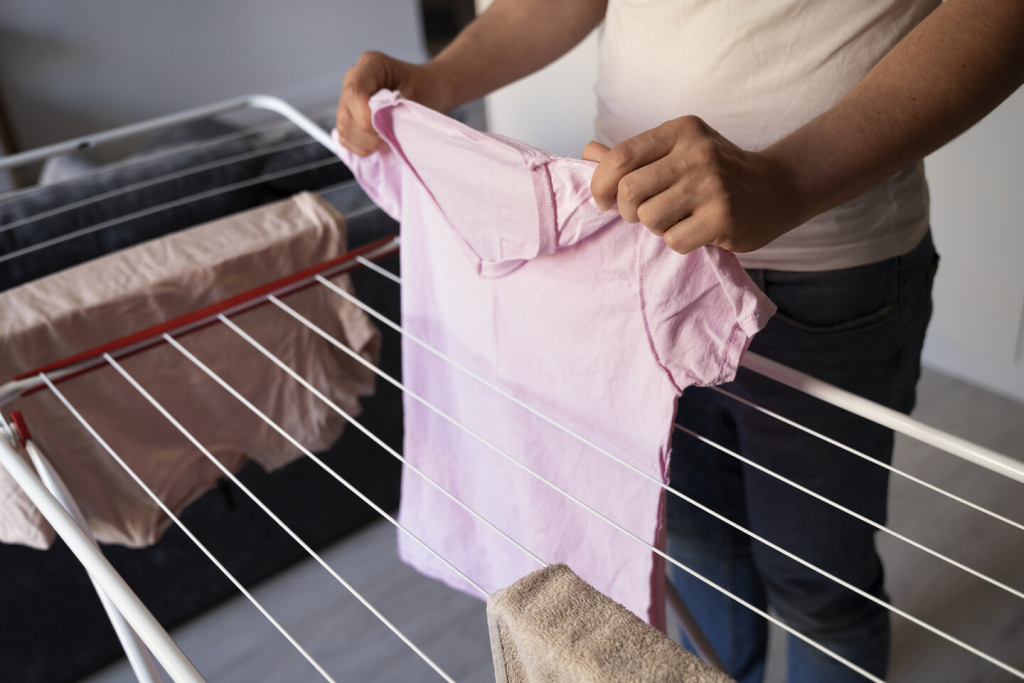
The rainy season chill may be a welcome reprieve from summer’s scorching heat, but it is not usually the case for our laundry. Without the sun, clothes take a longer time to dry. Not to mention that you have to hang them inside to protect them from the downpour of the rain. As a result, it takes days for them to dry, and their smell isn’t ideal. You may use dryers for some clothes, but ensure they are not made of materials that quickly wear and tear. You may also use handheld dryers; while you are at it, ensure the room has enough air circulation.
Power Outages
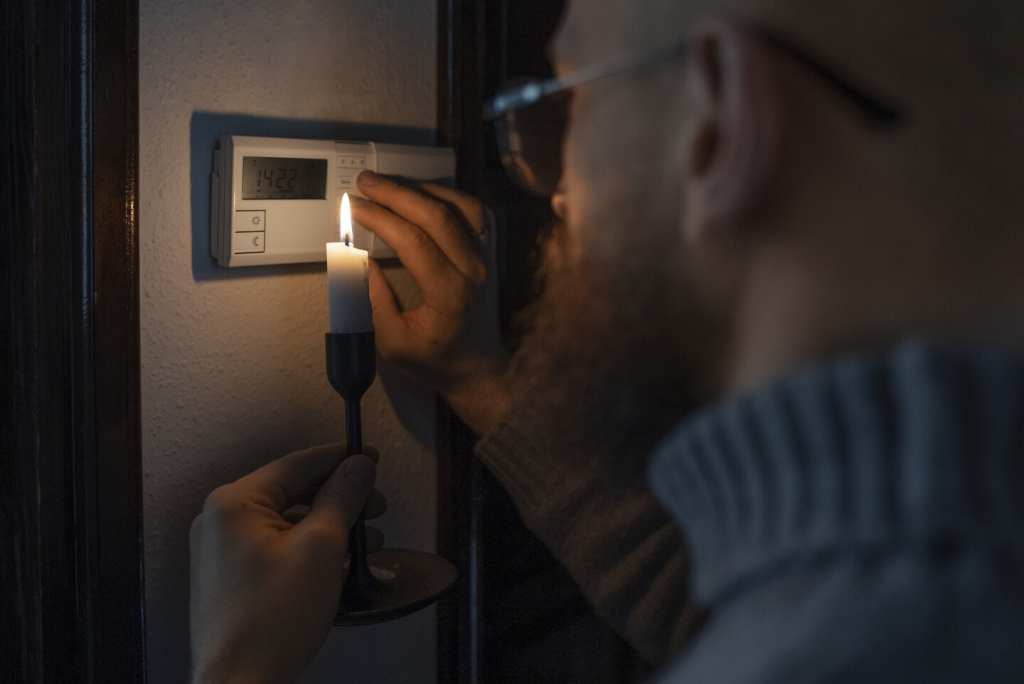
Because rain and wind are almost constant during the rainy season, power outages are more frequent than usual. The damage can range from broken power lines to exploded fuses. It could take hours or even days for power to come back.
To prevent power outages from disrupting your work, invest in batteries and power banks. It is also best to fully charge all your devices at the first signs and warnings of bad weather.
Damaged Plants and Crops
If the rain can damage your interiors, it can do the same to your outdoors. Heavy rains and strong winds can flood and uproot plants. If you are growing fragile flowers and fruit-bearing plants in your house and lot, make sure they are placed somewhere safe. It is much better if they are in movable pots. If you are growing plants in your garden, you may want to shield them from the downpour in your garage temporarily. While water is suitable for plants, it can only take so much.
Transport Inconvenience
Another common struggle during the rainy season is getting from one place to another. The challenge is double if you are going to work. During the typhoon season, going to work means going against the worst of nature. Sometimes, this means braving the heavy rain and strong winds and passing through flooded highways without proper drainage systems.
While you have no control over this weather, you have complete control over how to protect yourself. During extreme weather, make sure to check the news before going out. Also, please have your alerts for potential road closures and work suspensions. Knowing what you’ll face prepares you to brave the outside.
These are just some common rainy season problems at home that most of us have to face.
In these trying times, having a healthy home or living space where we can feel safe is more important for our well-being than ever. Fortunately, there are ways to ensure much-needed relief from these challenges.
Learn more on how you can protect your home with Camella. Check out our catalog of house and lot for sale for your healthier home options.

Celebrate Life’s Milestones in Camella!
Make unforgettable memories in a Camella home.
Our communities are designed to elevate your living experience.


